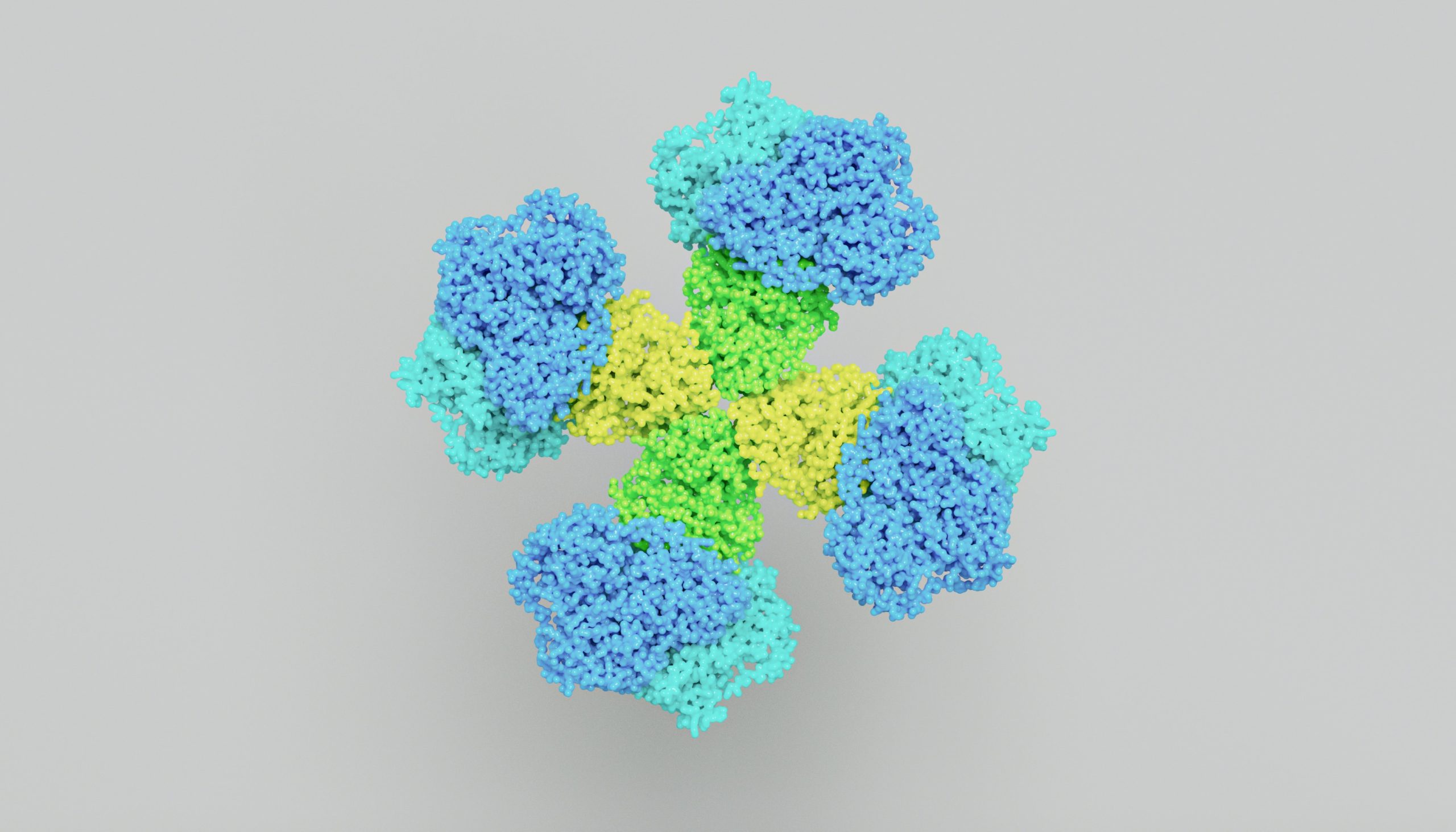The Role of Generative AI in Building Better Antibodies

In the height of the COVID-19 pandemic, scientists were racing to develop effective treatments against the virus. One of the treatments developed was antibodies isolated from the blood of people who had recovered from the disease. However, this process is time-consuming and laborious. In this article, we will discuss how generative artificial intelligence (AI) can provide a shortcut through this process, suggesting sequences that boost the potency of antibodies against viruses such as SARS-CoV-2 and ebolavirus.
Generative AI has been around for some time, and scientists are finding more and more applications for it in various fields. Researchers are now using it in combination with neural networks to improve the design of antibodies. In a study published in Nature Biotechnology, scientists showed that this combination can suggest sequences that boost the potency of antibodies against viruses such as SARS-CoV-2 and ebolavirus. This study is part of growing efforts to apply neural networks similar to those behind the ChatGPT AI platform to antibody design.
The application of generative AI technology is providing a new level of rationality to antibody engineering. By incorporating various technologies, researchers can design antibodies with desired properties to fight different diseases. Scientists can use generative AI technology to generate synthetic proteins with optimized structures for a given therapeutic use. It is becoming an essential tool to design specific antibodies with desired properties.
The traditional antibody design process requires a lot of time and resources since it involves screening through millions of antibody candidates. Incorporating generative AI technology means scientists can significantly reduce the time it takes to find the right candidate. It also means that they can design antibodies that are more effective against viruses such as SARS-CoV-2 and ebolavirus. The use of generative AI technology in the design of therapeutic antibodies may significantly improve disease-specific outcomes.
The beauty of generative AI technology is that it provides scientists with an endless supply of antibody candidates without too much human intervention. These candidates originate from vast libraries of sequences generated from machine learning models that have been trained on data from real-world experiments. By using generative AI to design antibodies, scientists can discover previously unknown solutions to complex problems in a relatively short amount of time.
Generative AI technology has transformed the way scientists design antibodies, and it’s fast becoming an integral tool in the fight against diseases such as COVID-19, ebola, and other viruses. Incorporating this technology into antibody design and development will help create novel alternatives to traditional drug discovery. With this technology, a more strategic and efficient approach to designing antibodies can be taken, leading to a new era of targeted therapy where diseases can be eradicated entirely. The future of medicine is exciting, and we can’t wait to see what new discoveries generative AI technology will bring in the coming years.

